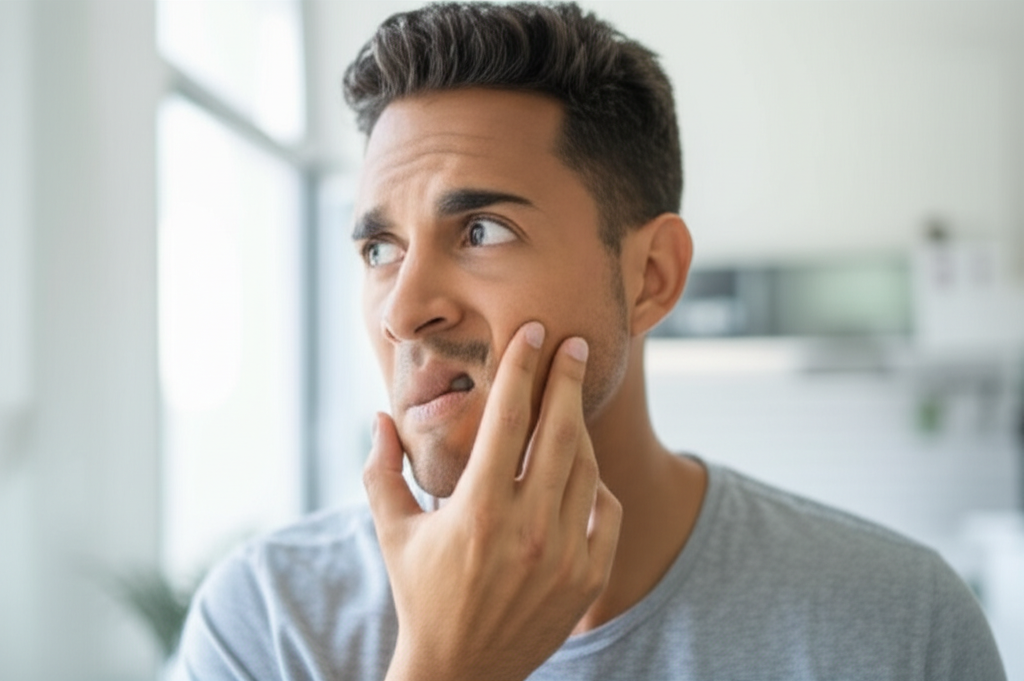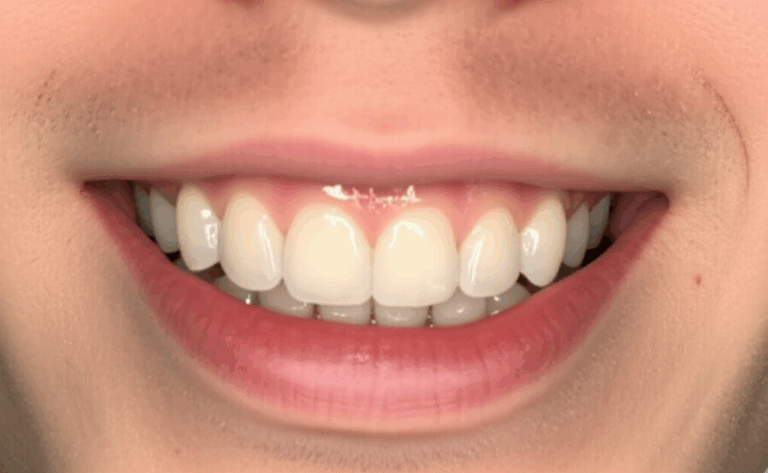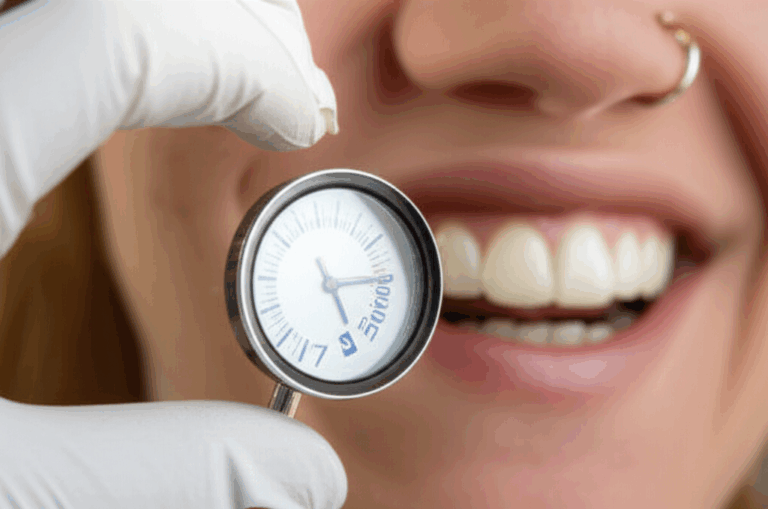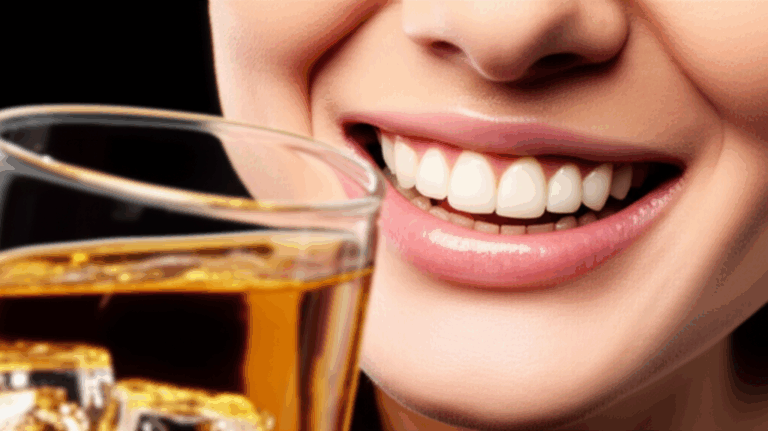
How to Get Rid of a Numb Tongue After the Dentist: My Personal Guide to Relief, Safety & Peace of Mind
Table of Contents
- Local Anesthetic: How It Works
- Nerve Blocks: IANB and the Lingual Nerve
- Types of Dental Anesthetic and How Long They Last
Introduction: The Lingering Numbness After Your Dental Visit
Let me be real—right after you get out from the dentist, feeling your tongue all weird and tingly, it’s just plain awkward. I’ve walked out of many appointments, moving my jaw all funny, and thinking, “How do I go about my day with my mouth half asleep?”
If you’re here, you’re probably feeling that tingling, heavy, kind-of-rubbery feeling right now. You might wonder: How long does this stay? Is this supposed to happen? What can I do so it goes away quicker? And, most of all, when should it be something to worry about?
I put this guide together to help you with exactly those questions. I’ll tell you what I learned from my own trips to the dentist, what tricks actually helped, and what my dentist said was just plain old myths. Let’s go through this together so you can get back to feeling normal fast.
Why Is My Tongue Numb After the Dentist? Understanding Anesthesia
Local Anesthetic: How It Works
Whenever I hear that loud dentist drill, I’m glad they use numbing stuff first. Dental numbness comes from local anesthetics. Your dentist puts a medicine like lidocaine or articaine close to a nerve to stop your nerves from sending pain signs. I sort of imagine it like flipping the “off” switch on your nerves for a bit.
The point is to keep you comfy (and make the dentist’s job easier). But depending on where and how they give the shot, you can feel numbness in your tongue, lips, or even your jaw.
Nerve Blocks: IANB and the Lingual Nerve
From what I’ve noticed, most times my tongue went numb is when my dentist did an “inferior alveolar nerve block” (IANB). They try to numb your lower jaw, but the lingual nerve, which controls feeling in your tongue, is right nearby and sometimes gets hit too.
When that happens, half or even your whole tongue might feel numb. No need to freak out—it just means the numbing medicine did its job, but sometimes a little too well.
Types of Dental Anesthetic and How Long They Last
Here’s a fast rundown from what my dentist explained and what I noticed after my visits:
- Lidocaine with Epinephrine: Usually 2-5 hours.
- Articaine: Mostly 2-4 hours.
- Mepivacaine (no epinephrine): Sometimes only 1-2 hours.
- Bupivacaine: This one’s long—like 4-8 hours.
The kind, the amount, and if there’s a “booster” (like adrenaline to keep your mouth numb longer) all matter. Everyone’s body is a bit different, and where the dentist put the needle also changes how long your tongue stays sleepy.
How Long Does Numbness Typically Last? My Experience
Most times for me, numbness in my tongue wore off in just a few hours. Usually I started to feel pins-and-needles or things getting back to normal after 2-4 hours. Sometimes, like if the dentist used a medicine that sticks around longer or gave extra shots, I might still feel funny after 5 hours—but not past that.
A couple of my friends had long numbness after bigger things like wisdom tooth removal. Even then, it was gone by the evening.
To be clear: normal numbness after basic dental work goes away in a few hours. If your tongue still feels weird the next day or feels even stranger, keep reading—I’ll share what I learned then.
Quick Ways I’ve Found to Make the Numbness Wear Off Faster
I’ve tried lots of ways to “hurry up” and lose that numb feeling after dental visits. Here’s what actually helped me or what the dental folks told me:
Gentle Massage
Once, when my whole jaw was numb, I gently rubbed around the area where they shot the medicine, just with my fingers and small circles—not pressing hard. It seemed to help a bit, maybe just got the blood moving and helped clear away the numbing medicine.
Warm Compresses
Putting a warm (not hot!) wet washcloth to my cheek—right around where they did the shot—always felt nice. Heat helps widen your blood vessels, so your body can clear things out a little faster.
Drinking Plenty of Water
A dental hygienist once told me to drink lots of water after the dentist. Does it really clear out numbness? Maybe, maybe not, but it never hurts and I always felt a bit better.
Light Exercise
If I wasn’t too tired, I’d take a gentle walk around the block. Moving a bit gets your blood flowing, and some dentists say that can help wear off the numb feeling.
OraVerse (Phentolamine Mesylate)
I didn’t get to try this, but one dentist offered a shot called OraVerse. They give this after your main shot, and studies say it can cut numbness time in half (like 1.5 or 2 hours less). If you really need to be back to normal fast, you might want to ask about this.
My advice: Your own body and the medicine used are the biggest reasons numbness fades. If you can’t stand waiting, try more than one of these ideas at once.
Safety First: What to Do (and Not Do) With a Numb Tongue
I can’t lie—the urge to “test” your numb tongue with your teeth is real. I’ve done it, and always regretted it! Here’s how I keep safe and comfy waiting for my mouth to wake up:
Eating and Drinking
- Eat soft foods: Applesauce, yogurt, soup, or mashed potatoes are the safe picks. Crunchy or chewy stuff is a bad idea.
- Chew on the side with feeling: I learned not to chew where it’s numb—biting your tongue hurts a lot later!
- Skip hot drinks/foods: You can burn yourself and not even know while numb. Wait until you’re all back to normal for coffee or soup.
- Use a straw: If your tongue or lip still feels fuzzy, straws make sipping easier.
Avoiding Accidents
- Don’t bite or mess with your tongue or lip: Trying to see if it’s still numb risks hurting yourself.
- Take it slow: Even talking or swallowing feels different. Be slow and careful so you don’t hurt yourself.
Talking
- Don’t worry about how you sound: Slurred speech is normal. If I had something important, I’d just send a text or email instead!
When to Worry: Signs That Numbness Might Be Something More
This is when I really paid attention to what’s normal and what’s not. Most numbness is no big deal, but a few clear signs made me call my dentist:
Numbness That Lasts Too Long
If my tongue was still fully numb the next morning—so, over 12-24 hours—I knew it wasn’t normal. Numbness days or weeks later is called “paresthesia.” It’s rare, but it happens and you should check with your dentist.
Other Worrying Signs
Other things I watched for:
- Bad pain, big swelling, or signs of infection.
- Blisters, sores, or anything that looks wrong.
- No taste at all.
- Weakness or droopy face or jaw.
If any of those showed up, I would call my dentist right away. Sometimes nerve injuries need quick help, so don’t wait.
Why Does Numbness Sometimes Linger? The Deeper Reasons
When I asked why numbness sticks around, my dentist told me these less common causes:
Lingual Nerve Injury
- You can get poked: The shot needle can, but rarely, poke or bother the nerve.
- During surgery: With things like wisdom tooth removal, tools can bump the nerve.
- Swelling or a bruise: Sometimes the shot or a little bleeding presses on the nerve.
Infection
An infection not taken care of can cause swelling and squish nerves, making numbness last longer.
Allergic Reaction
Really rare—most times, allergies to the numbing medicine come as swelling or trouble breathing. But if you have other weird signs, check in with someone.
Treatment Options: What Helped Me and When I Talked to a Specialist
If the numbness stuck around (yep, happened to me!), here’s what I did and what my dentist or the specialist suggested:
Just Waiting
Most nerves need time and heal on their own. My dentist told me to be patient, since about 95% of numbness cases get better in months. Nerves are slow—they do heal.
Medicines
- Anti-inflammatory pills: Taking stuff like ibuprofen (if okay for you) can help with swelling.
- B-Vitamins: Some say vitamins B1, B6, B12 help nerves recover. My dentist suggested a daily vitamin—it can’t hurt.
- For








